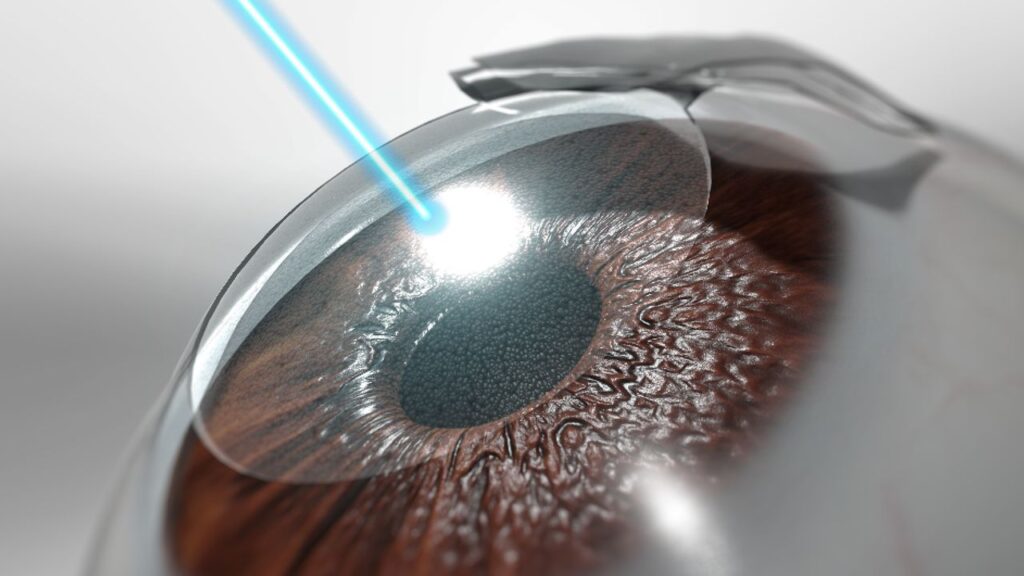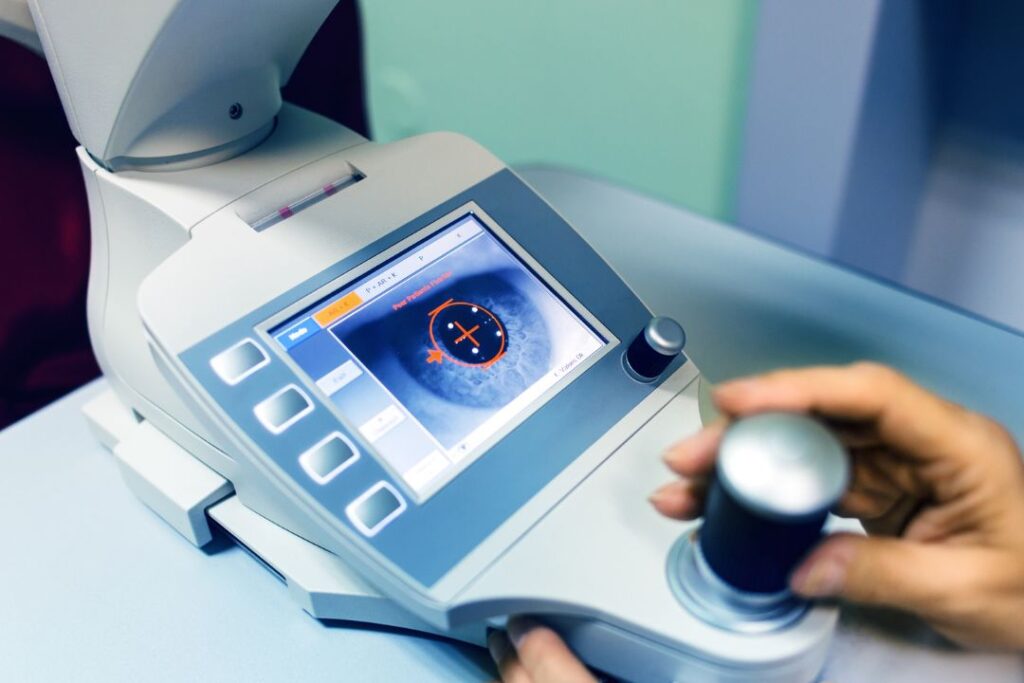Is Laser Eye Surgery Worth It? Real Results, Costs, and Recovery Explained
Introduction: Why Patient Experiences Matter in Laser Eye Surgery For many people, waking up and seeing the world clearly without glasses or contact lenses sounds like a dream. Laser eye surgery makes that dream a reality — but is it really worth it? While advertisements often highlight quick procedures and perfect results, the best way […]
Is Laser Eye Surgery Worth It? Real Results, Costs, and Recovery Explained Read More »


